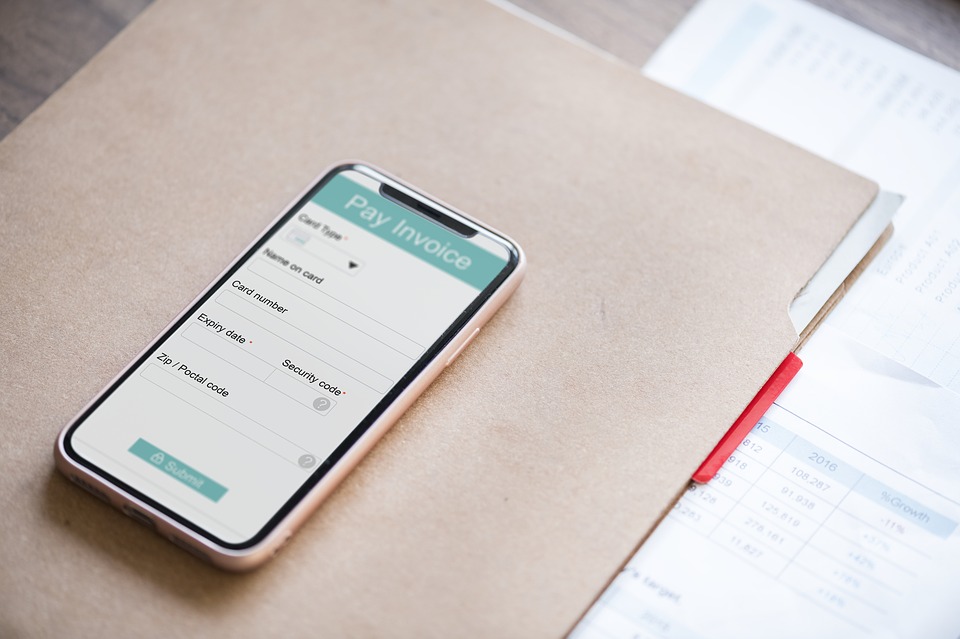You might have heard about the term invoice factoring time and again. One of the most preferred forms of borrowing for business owners, invoice factoring can make a huge difference to the business. It is a term used for lending where you can make use of the invoices and gain access to funds. Hence, if you have sales, you can have funds through factoring.
There are a number of benefits of invoice financing but you need to understand what is invoice factoring? Before you consider applying to a factoring company for funds, you should gain clarity on what it is and how it works. This form of factoring helps the an organization generate funds through the slow paying accounts receivable. You can either finance an invoice through a sale where you sell the invoice to a company for immediate payment and the second option is to use the receivables in order to secure a line of credit through an asset based loan. There will be similar results in both the cases but they are very difference from one another.
What is invoice factoring?
A form of financing which allows companies to sell their invoice receivables to raise funds is known as invoice factoring. It helps improve the position of working capital for the company. It gives access to immediate funds which can be used to meet the short term liabilities of the business. Factoring is much easier and convenient than the traditional form of borrowing because you can sell an asset and gain funds on the same instead of getting a loan. If you have invoices from trusted clients, you can qualify for factoring. It is also available to small businesses which do not have a strong credit history or substantial assets.
How does it work?
A factoring transaction is structured in a manner so that the company can sell the invoice into two installment payments. In the first installment, the company will be able to raise about 80% of the value of the invoice and the funds are immediately deposited in the account once you make a request and the second installment is the balance amount of 20% which will be paid to the company when the customer makes the full payment. The finance fees will be deducted from the second installment.
However, it is important to understand that the invoices will be verified before the funding. Through the process of verification, the factoring determined when the invoice is due and if there is any issue which could prevent the payment of the same. The lines of factoring will be based on the sales and they can increase if your customers grow. Hence, an increase in sales means a higher chance to raise funds through factoring.
When invoices are used to finance, it will work like a conventional line of credit and this strategy will allow the company to draw funds as and when the consumers pay invoices. Through this line of credit, a company can borrow about 80% of the value of the invoices. However, it is important to have reliable commercial clients for the same.
Is it ideal for your company?
There are different types of borrowing options available in the market but you need to consider the size of the business and the requirement of funds before making an application. You might need to consider the financial strength of the company and your needs. It is possible for any size and type of business to use factoring including small startups which have limited assets and sales. The main qualifying criteria for factoring is to have accounts receivable from trustworthy clients. If it is noted that the clients are not trustworthy and there are chances of the invoice receivable turning into bad debt, then factoring will not work out. If a company wants to apply for factoring, there is no need to go through a financial audit or submit any proof of business. Invoices from creditworthy clients can do the trick. Consider the amount of money that the business requires and then make use of the invoices keeping the 80% criteria in mind.
Factoring is a solution for working capital and the best feature of the same if the immediate access to funds. There is low fee and no interest, it does not show up as a liability on the balance sheet, yet gives access to substantial amount of funds within one working day. Factoring is the best option for every type of business owner to expand their business operations.
Featured Image

